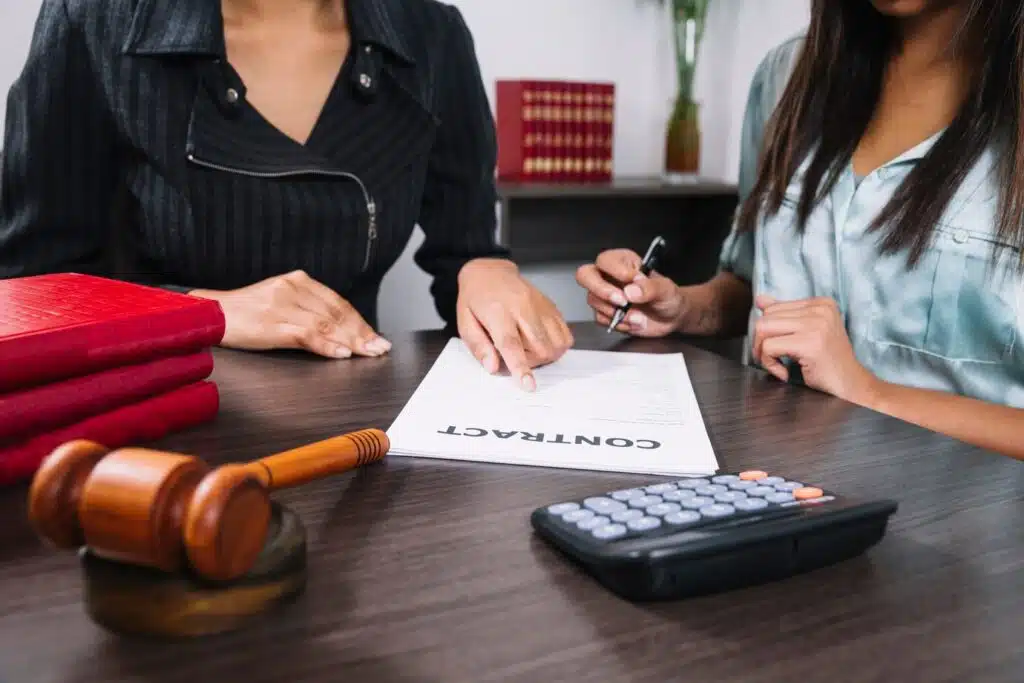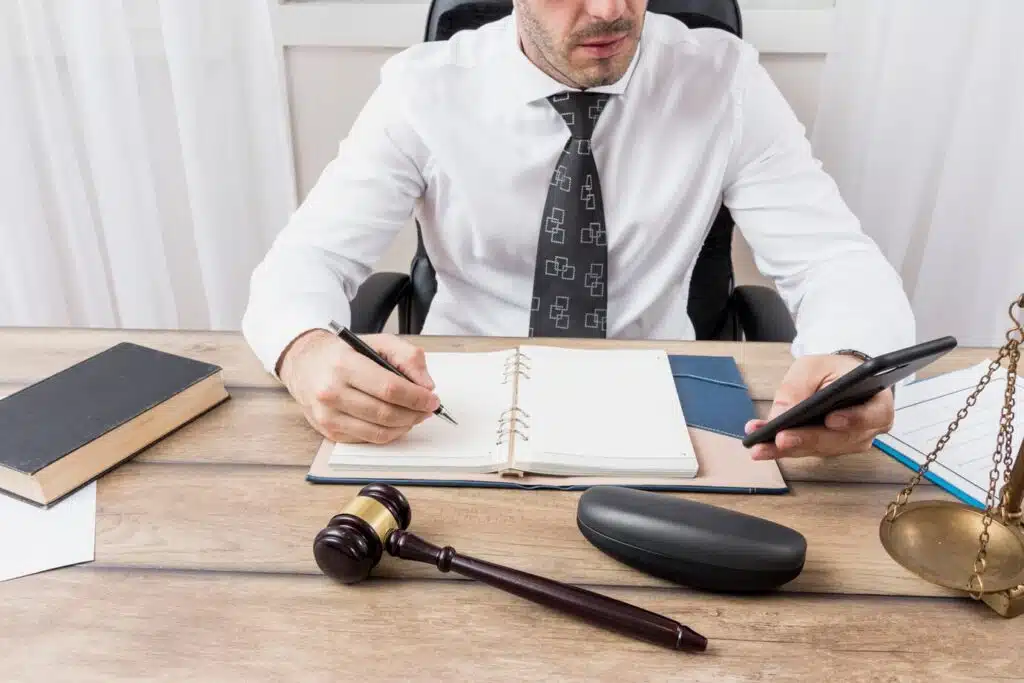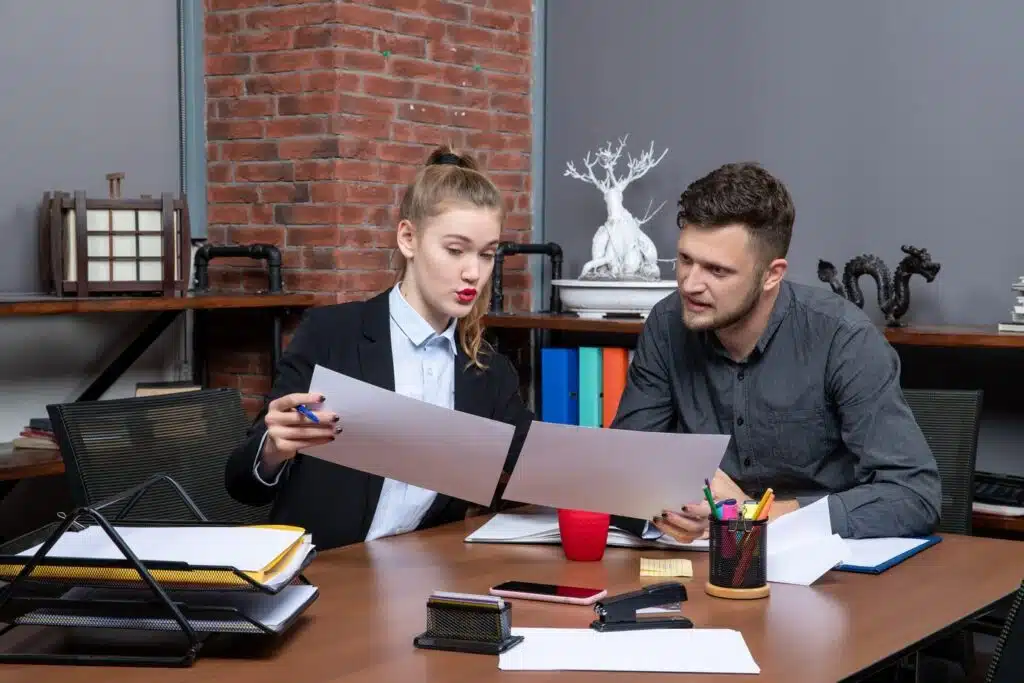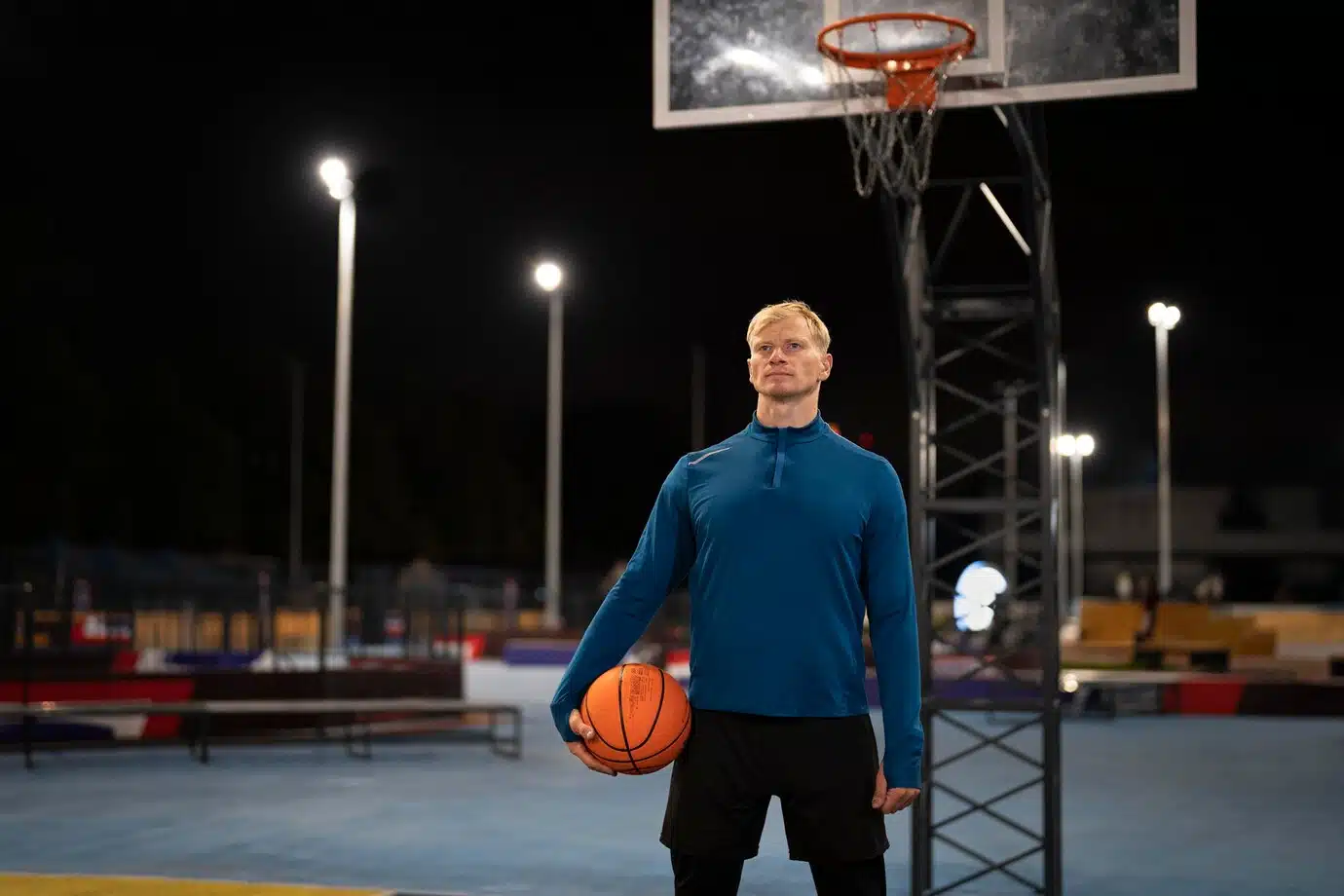Sports law is a highly specialized field that intersects with various legal disciplines, including contract law, labor law, intellectual property, and litigation. A sports lawyer plays a pivotal role in the sports industry, particularly in professional sports, where high stakes, large contracts, and public scrutiny make the legal landscape complex and multifaceted. The responsibilities of a sports lawyer range from negotiating contracts to handling disputes, advising on regulatory matters, and safeguarding the legal rights of athletes, teams, and organizations. In this article, we will explore the key responsibilities of a sports lawyer in professional sports and how they contribute to the successful functioning of the sports world.
Key Takeaways
- Wide Range of Responsibilities: Sports lawyers handle contract negotiations, intellectual property protection, dispute resolution, and regulatory compliance, among other responsibilities.
- Specialized Expertise: Sports law is a highly specialized field that combines elements of contract law, labor law, and intellectual property law.
- Essential Role in Professional Sports: Sports lawyers are essential for managing the legal complexities that arise in professional sports, from high-value contracts to regulatory compliance and legal disputes.
- Advising Athletes and Teams: They offer advice and representation to both individual athletes and teams, ensuring their clients’ legal interests are protected and optimized in every aspect of their careers.
Also Read : What Does A Probate Lawyer Do And Why Is Their Role So Important?
Contract Negotiation and Drafting
One of the primary responsibilities of a sports lawyer is to negotiate and draft contracts for athletes, teams, coaches, and other stakeholders in the sports industry. These contracts can cover a wide range of matters, including player salaries, sponsorship agreements, endorsement deals, licensing rights, and image rights.
In professional sports, the contracts can be extremely lucrative and complex, often involving multi-million-dollar sums, long-term commitments, and intricate terms and conditions. A sports lawyer ensures that the terms of the contract are fair and protective of their client’s interests, while also ensuring that the agreement complies with relevant legal requirements and regulations.
Key aspects of contract negotiation and drafting:
- Player contracts: A sports lawyer works with professional athletes to secure favorable terms in player contracts, such as salary, bonuses, duration, performance clauses, and termination provisions.
- Endorsements and sponsorships: Lawyers negotiate endorsement deals with major brands, ensuring that athletes receive appropriate compensation and protection for their image and likeness.
- Team and franchise agreements: Lawyers may also represent teams or organizations in negotiating contracts with coaches, management staff, and even other teams, such as during player transfers or trades.
Also Read : The Role Of Counsel Lawyers: Navigating Legal Advice And Representation
Dispute Resolution and Litigation

Disputes in the world of professional sports are not uncommon. Disagreements may arise between athletes and teams, sponsors, or regulatory bodies. A sports lawyer’s role is to resolve these disputes in a manner that best serves the client’s interests.
Key areas of dispute resolution:
- Contract disputes: Whether it’s a breach of contract, salary issues, or non-performance clauses, a sports lawyer may be tasked with resolving these disputes, often through arbitration or litigation.
- Labor disputes: Lawyers often represent professional athletes or teams in collective bargaining matters, labor negotiations, and disputes with labor unions. These may include salary disputes, working conditions, or disputes over union membership.
- Injuries and liability: Sports injuries are a natural part of professional sports. However, injuries resulting from negligence or misconduct can lead to complex legal battles. A sports lawyer may represent athletes in personal injury claims, worker’s compensation cases, or disputes regarding safety protocols.
- Anti-doping violations: Athletes accused of violating anti-doping regulations may face serious legal consequences, including suspension or bans. A sports lawyer defends athletes accused of doping and navigates the legal complexities surrounding drug testing and compliance with national and international anti-doping regulations.
Intellectual Property Protection
Professional athletes and sports organizations generate substantial intellectual property (IP) value through their brands, names, likenesses, logos, and trademarks. Sports lawyers play an important role in protecting these intellectual property rights and ensuring that their clients benefit financially from the commercial use of their image, name, or brand.
Key aspects of intellectual property:
- Trademarks: Lawyers help athletes and organizations secure trademarks for logos, team names, and other distinctive elements that represent their brand.
- Licensing: Athletes often enter licensing agreements to allow companies to use their likeness or brand in merchandise, video games, apparel, and other products. A sports lawyer negotiates these deals and ensures the client receives appropriate compensation.
- Image rights: An athlete’s image can be a major source of revenue, and sports lawyers help protect and enforce these rights, ensuring that any unauthorized use of an athlete’s image or likeness is addressed legally.
Also Read : What Does A Trial Lawyer Do And Why Are They Essential To The Legal System?
Compliance with Regulations and Governing Bodies

Sports lawyers are responsible for ensuring that their clients comply with the regulations and rules set forth by sports governing bodies. This includes both domestic regulations (such as those set by national leagues or federations) and international rules (such as those enforced by the International Olympic Committee or FIFA).
Key regulatory compliance areas:
- League rules: Each sports league, such as the NFL, NBA, or Premier League, has its own set of rules that teams and athletes must adhere to. A sports lawyer advises on compliance with league rules related to salary caps, drafts, trades, and player conduct.
- International rules: Athletes competing on an international level must also adhere to international rules. These could include compliance with the World Anti-Doping Agency (WADA) or regulations set by sports-specific governing bodies like FIFA, the International Tennis Federation (ITF), or the International Olympic Committee (IOC).
- Endorsement regulations: Lawyers help athletes navigate the complex rules surrounding endorsements, including disclosure requirements, anti-tampering laws, and ethical considerations.
Also Read : Common Defenses Used By Crime Lawyers In Criminal Trials
Representation in Arbitration and Mediation
Arbitration and mediation are common methods of resolving disputes in the sports industry, as they offer quicker, more efficient, and private alternatives to litigation. A sports lawyer acts as the representative of their client in these alternative dispute resolution processes, advocating for favorable outcomes and protecting the client’s interests.
Key aspects of arbitration and mediation:
- Sports arbitration: Sports governing bodies often require disputes to be resolved through arbitration, such as the Court of Arbitration for Sport (CAS). Sports lawyers represent their clients in these arbitration proceedings, which are typically used to resolve conflicts related to player contracts, eligibility, and doping violations.
- Mediation: Mediation involves a neutral third party helping disputing parties come to a mutually agreeable solution. Lawyers help their clients through the mediation process, aiming to avoid prolonged litigation or arbitration.
Advising on Employment Law and Athlete Rights

Sports lawyers frequently serve as legal advisors to athletes on issues related to employment law, including workplace discrimination, labor rights, and overall athlete welfare. They help ensure that athletes are treated fairly under the law and that their rights are respected by teams, sponsors, and governing bodies.
Key areas of athlete rights:
- Employment contracts and terms: Lawyers help athletes understand the terms of their employment contracts, including salary, benefits, working conditions, and the right to fair treatment.
- Discrimination and harassment: Sports lawyers work with athletes who experience discrimination or harassment within the workplace. They assist in filing complaints with relevant authorities and pursuing legal action if necessary.
- Publicity and image rights: Athletes often face pressure from teams and sponsors regarding the management of their public image. Sports lawyers help athletes maintain control over their personal and professional reputation, ensuring they are not exploited or misrepresented.
Also Read : What Is Religious Law And How Does It Influence Societies?
Tax Planning and Financial Advice
Given the significant earnings that professional athletes often receive, sports lawyers also work with financial advisors to help athletes manage their income, reduce their tax liabilities, and plan for the future.
Key aspects of tax planning:
- Tax compliance: Sports lawyers help athletes navigate the complex tax laws that apply to their earnings, including income tax, tax treaties between countries, and endorsement earnings.
- Financial planning: Lawyers work with financial advisors to ensure that athletes are making smart financial decisions, from retirement savings to estate planning. This includes advising on investments, real estate, and the financial implications of contracts and sponsorship deals.
Also Read : What Is The Role Of A Family Lawyer?
Conclusion
Sports lawyers play an essential role in professional sports, acting as key advisors, negotiators, and advocates for athletes, teams, and other stakeholders in the sports industry. Their responsibilities span a wide range of legal areas, from contract negotiation and intellectual property protection to dispute resolution and compliance with complex regulations. By providing legal guidance and ensuring that the interests of their clients are protected, sports lawyers help maintain the integrity and financial success of the sports industry.
The work of sports lawyers requires a deep understanding of both the law and the sports world, making them integral to the smooth operation of professional sports. With their expertise, sports lawyers help shape the careers of athletes, protect their brands, resolve legal disputes, and ensure that the entire sports ecosystem remains compliant with applicable rules and regulations.
FAQs
1. What qualifications do sports lawyers need?
Sports lawyers typically need a law degree (Juris Doctor, or JD) and must be licensed to practice law. Additionally, many sports lawyers have specialized knowledge in areas like contract law, intellectual property law, or labor law. Some may also have experience or a background in sports management or business.
2. Do sports lawyers represent teams or individual athletes?
Sports lawyers can represent both teams and individual athletes, depending on their area of specialization. Some lawyers focus exclusively on athlete representation, while others work with sports teams, sponsors, and governing bodies.
3. How much do sports lawyers charge?
The fees charged by sports lawyers can vary significantly based on the lawyer’s experience, the complexity of the case, and the client’s profile. High-profile athletes may negotiate hourly rates, flat fees, or a percentage of endorsement earnings. For less well-known clients, fees may be more standard and depend on the scope of the work.
4. What types of legal issues do sports lawyers handle?
Sports lawyers handle a wide range of legal issues, including contract negotiation, intellectual property protection, disputes over player trades, injury claims, anti-doping violations, and labor disputes.
5. How do sports lawyers help athletes with branding and endorsement deals?
Sports lawyers negotiate contracts related to endorsements, sponsorships, and merchandise, ensuring that the athlete’s image and brand are properly protected and that the terms of the deal are favorable for the athlete.
6. Are sports lawyers involved in doping cases?
Yes, sports lawyers often represent athletes accused of doping violations. They help navigate the legal complexities of anti-doping regulations, defend athletes against charges, and ensure fair proceedings in arbitration or hearings before sports bodies.
7. How do sports lawyers help teams with compliance?
Sports lawyers help teams comply with league regulations, including salary caps, trade rules, and player conduct. They also ensure that the team’s operations are in line with national and international laws and sports regulations.





